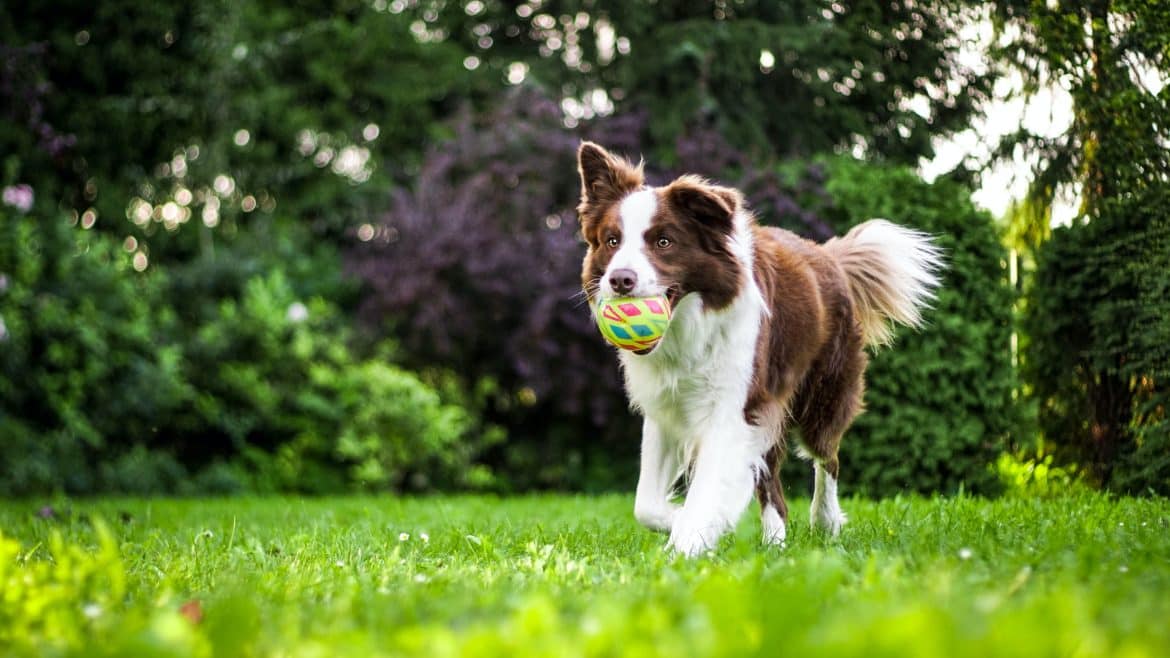When it comes to training older dogs, there can be some unique challenges that require innovative solutions. From stubborn behavior to ingrained habits, these dogs may have a different mindset compared to their younger counterparts. However, with the right approach and patience, it is absolutely possible to turn an older dog into a well-trained, obedient companion. In this article, we will explore some of the common challenges faced in training older dogs and provide practical solutions to help you navigate this rewarding journey of teaching an old dog new tricks.
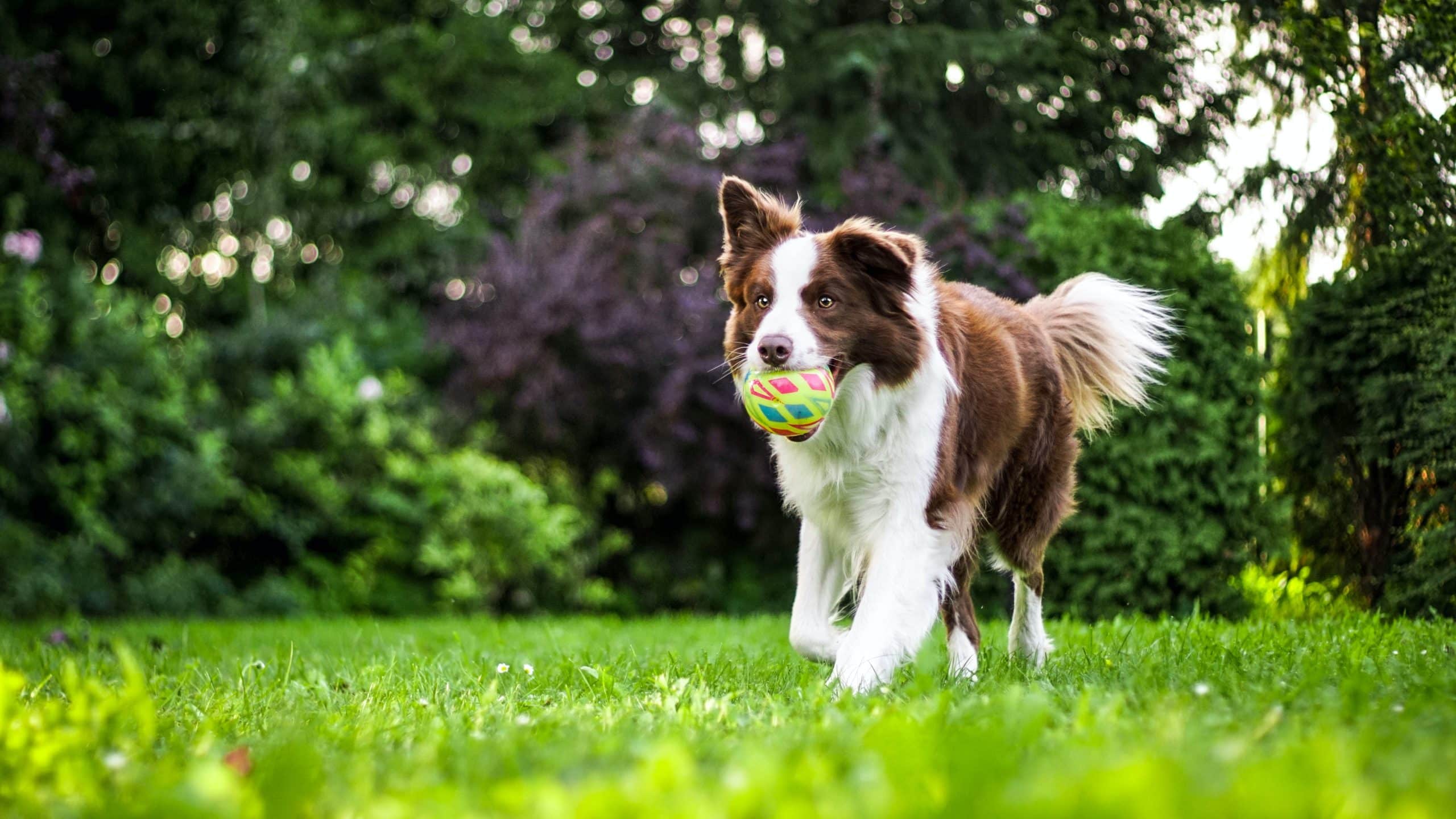
This image is property of images.unsplash.com.
Understanding the Challenges of Training Older Dogs
As dogs age, they may face certain challenges that can make training more difficult. It is important to understand and address these challenges in order to have successful and effective training sessions with older dogs. This article will explore three main categories of challenges when training older dogs: physical limitations, medical issues, and behavioral habits. By recognizing and addressing these challenges, you can ensure that your training efforts are tailored to meet the unique needs of your senior canine companion.
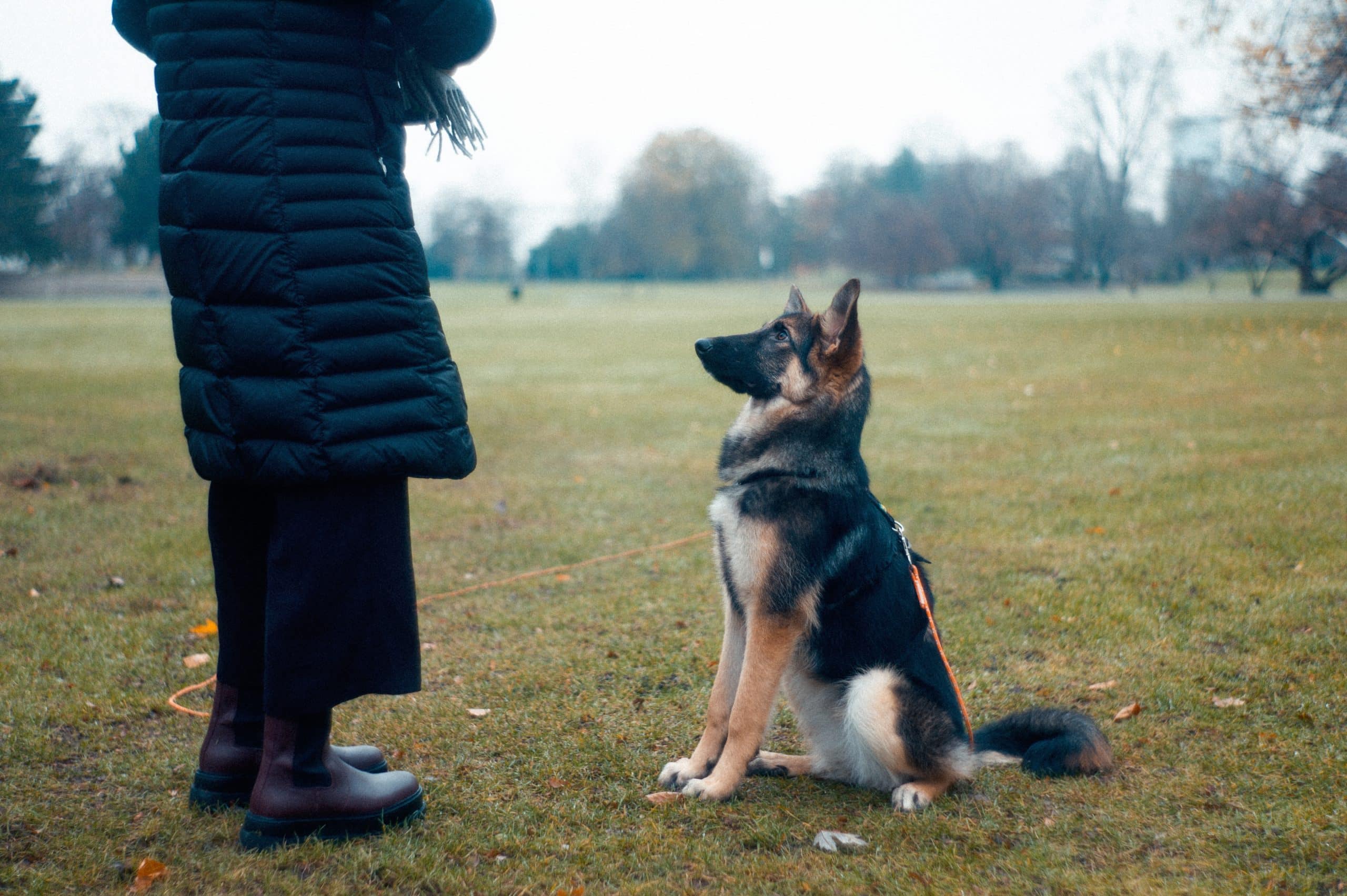
This image is property of images.unsplash.com.
1. Physical Limitations
One of the main challenges when training older dogs is their physical limitations. As they age, dogs may experience reduced mobility, loss of hearing or vision, and arthritis.
1.1 Reduced Mobility
Reduced mobility can make it more challenging for older dogs to perform certain actions or movements that are required during training. It is important to be mindful of their physical abilities and adapt your training techniques accordingly. For example, if your dog has difficulty sitting or lying down, you can adjust the training exercises to accommodate their mobility limitations.
1.2 Loss of Hearing or Vision
Loss of hearing or vision can also pose challenges during training. Older dogs may have difficulty hearing verbal cues or seeing visual signals. In order to overcome this obstacle, it is crucial to use alternative methods of communication. For instance, you can incorporate hand signals or touch cues to replace verbal commands. Additionally, using positive reinforcement techniques and rewarding desired behaviors can help compensate for any communication difficulties.
1.3 Arthritis
Arthritis is a common ailment among older dogs, and it can cause pain and stiffness in their joints. This can affect their willingness and ability to perform certain training exercises. To address arthritis-related challenges, it is important to prioritize pain management. Consult with your veterinarian to develop a pain management plan that may include medication or natural supplements. Additionally, incorporating low-impact exercises, such as swimming or gentle walks, can help improve joint flexibility and overall comfort during training sessions.
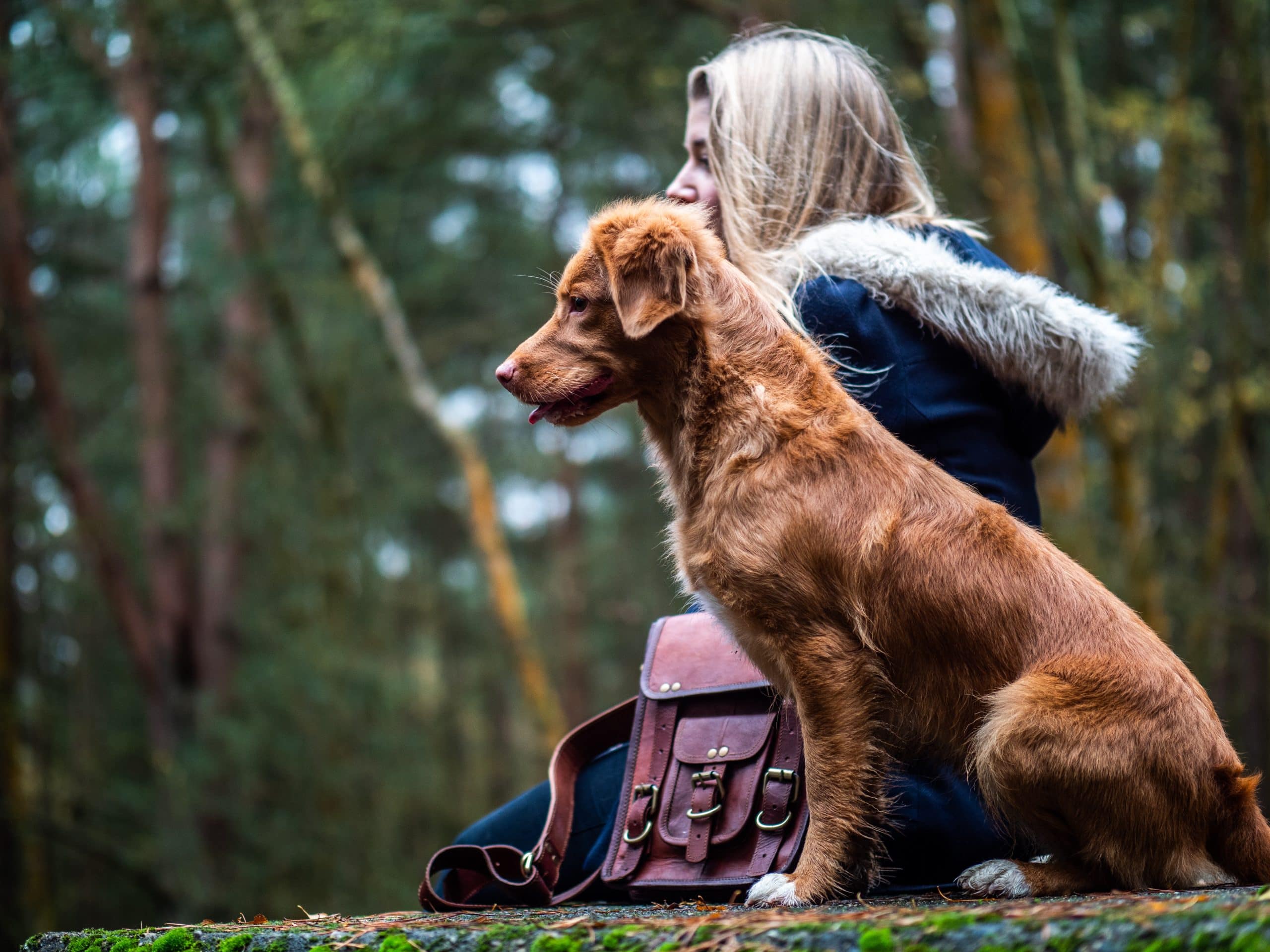
This image is property of images.unsplash.com.
2. Medical Issues
Apart from physical limitations, older dogs may also face various medical issues that can impact their ability to learn and follow training commands. These medical issues include cognitive dysfunction, incontinence, and medication side effects.
2.1 Cognitive Dysfunction
Cognitive dysfunction, similar to dementia in humans, can affect older dogs, leading to confusion, disorientation, and memory loss. It can make training more challenging as dogs may struggle to remember commands or retain new information. To overcome this challenge, it is important to adapt your training strategies to accommodate their cognitive needs. Simplify commands, break down tasks into smaller steps, and provide frequent reinforcement and reminders. Utilizing mental stimulation activities, such as puzzle toys or treat-dispensing games, can also help keep their minds engaged and sharp.
2.2 Incontinence
Incontinence, the loss of bladder or bowel control, is another medical issue that can create difficulties during training. Older dogs may have accidents indoors or struggle to hold their bladder for prolonged periods. Establishing a consistent routine with regular potty breaks can help manage this challenge. Additionally, using absorbent products, such as doggie diapers or training pads, can minimize messes and provide a sense of security during the training process.
2.3 Medication Side Effects
Many older dogs require medication to manage various health conditions. However, some medications can have side effects that may impact training sessions. These side effects can range from drowsiness to decreased appetite or increased restlessness. It is essential to consult with your veterinarian to discuss any potential side effects and adjustments that may need to be made to your training approach. They may be able to recommend alternative medications or adjust dosages to minimize any hindrances to training progress.
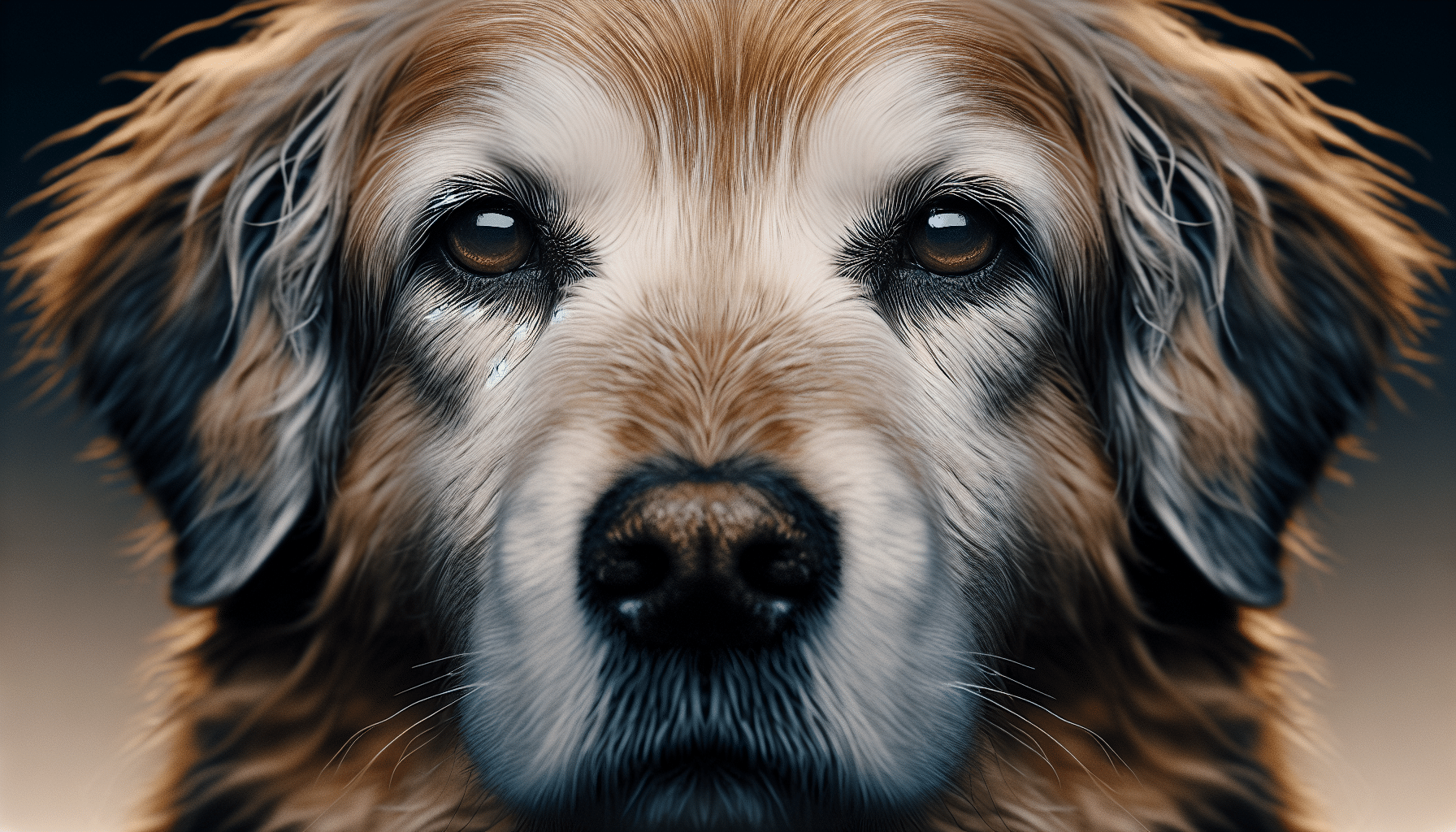
Conclusion
Training older dogs can come with its own set of challenges, but with understanding and adaptation, it is possible to overcome these obstacles. By recognizing the physical limitations, addressing medical issues, and modifying training techniques, you can create a training plan that caters to the unique needs of your older canine companion. Remember to be patient, understanding, and consistently provide positive reinforcement throughout the training process. With proper care and training, older dogs can continue to learn and thrive, strengthening the bond between you and your beloved furry friend.


